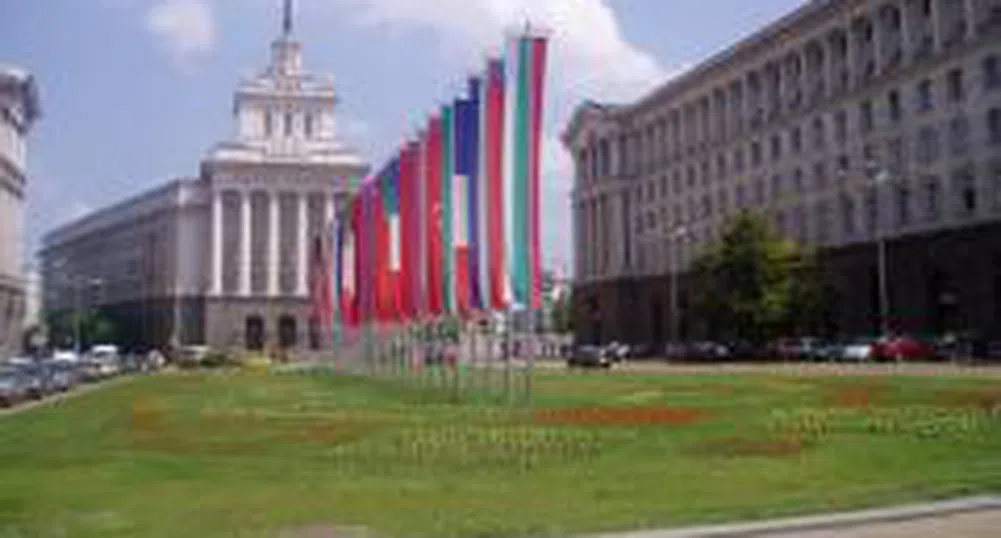SEECP Defence Ministers Open Meeting in Sofia

Within the framework of the Bulgarian Chairmanship-in-Office of the Southeast European Cooperation Process (SEECP), the Ministers of Defence of Southeastern Europe opened a meeting in Sofia Tuesday, BTA reported.
The topic of the meeting is "Defence Policy for Security, Cooperation and Development of Southeastern Europe".
SEECP is a forum of diplomatic and political dialogue involving Albania, Bosnia and Herzegovina, Bulgaria, Croatia, Greece, Macedonia, Moldova, Montenegro, Romania, Serbia and Turkey.
Opening the meeting, Bulgarian Prime Minister Sergei Stanishev attached importance to maximum support by all countries of Southeastern Europe for the effective functioning of the newly established Regional Cooperation Council, the successor organization to the Stability Pact.
"All desires and aspirations of the countries in the region to integrate into NATO or the EU are realized on the basis of individual progress, but it is a chimera to think that some country can 'leapfrog its region' and join NATO, forgetting about its neighbors," the PM said.
He noted "a certain oversaturation of the region with various ideas and initiatives operating in parallel, sometimes simulating activity, often duplicating one another, without adding value to regional security." Stanishev argued for the need of "streamlining and focusing on practice-oriented ideas, maximum concentration of the relatively limited resources, so as to achieve good results."
"At the NATO Summit in Bucharest in a couple of days' time, we want all countries of the Adriatic Charter (Albania, Croatia and Macedonia) to be invited to join the Alliance as full members. I believe that this will be a decisive step towards an upgrade of the quality of regional security," the Prime Minister told the meeting.
Stanishev noted the serious regional challenges to defence and security, above all in the Western Balkans, but also in the Black Sea and Caucasus region. "Regional security must be viewed as an integral whole. Without a comprehensive change of regional climate, internal changes remain incomplete and do not achieve their full effect," the PM observed. He noted the "enormous progress" that the region has achieved over the last 12 years in terms of overall climate and relations and expressed his conviction that "a lot more can be done for each of the countries in the region, working together through dialog and cooperation."
"Bulgaria staunchly and consistently backs NATO's Open Door Policy," Bulgarian Defence Minister Vesselin Bliznakov said, addressing the forum. He expressed the hope that the Bucharest Summit the Alliance will judge on its merit the progress of the Adriatic Charter countries. "We are rallied behind the understanding of the leading role of European and Euro-Atlantic integration for all states belonging to this region," Bliznakov said.
Jan Tuszczynski, Deputy Director General of the European Commission's Enlargement Directorate General, said that 800 million euro have been invested in the development of the region, and an additional 150-200 million are allocated for stability and security, mostly for Bosnia and Herzegovina and Kosovo. "We have confirmed our commitment to the European perspective of the Western Balkans, including Kosovo," Tuszczynski said, but specified that Kosovo must demonstrate a commitment to the development of democratic and multi-ethnic society.
George Katsirdakis, Head of Defence Cooperation in the Defence Policy and Planning Division of NATO's International Staff, also spoke of the Adriatic Charter countries' desire to join the Alliance, noting that they must meet the criteria in several spheres and recalling that the invitation is a political decision which requires a consensus of all Member States.
)
&format=webp)

&format=webp)
&format=webp)
&format=webp)
&format=webp)